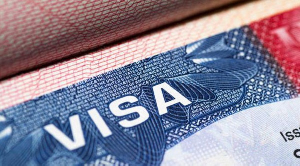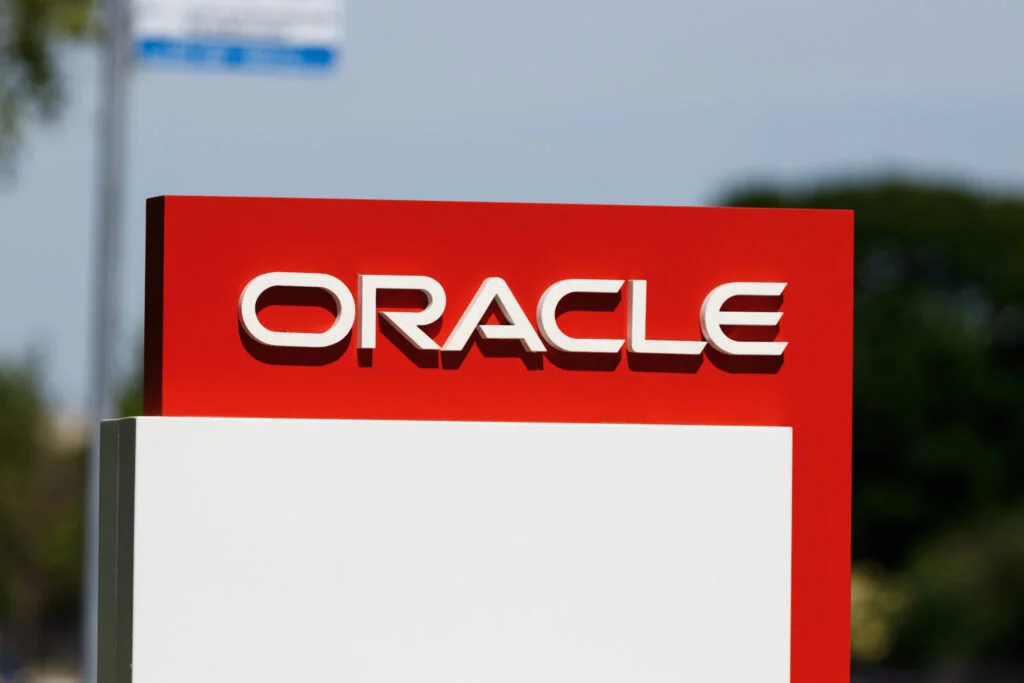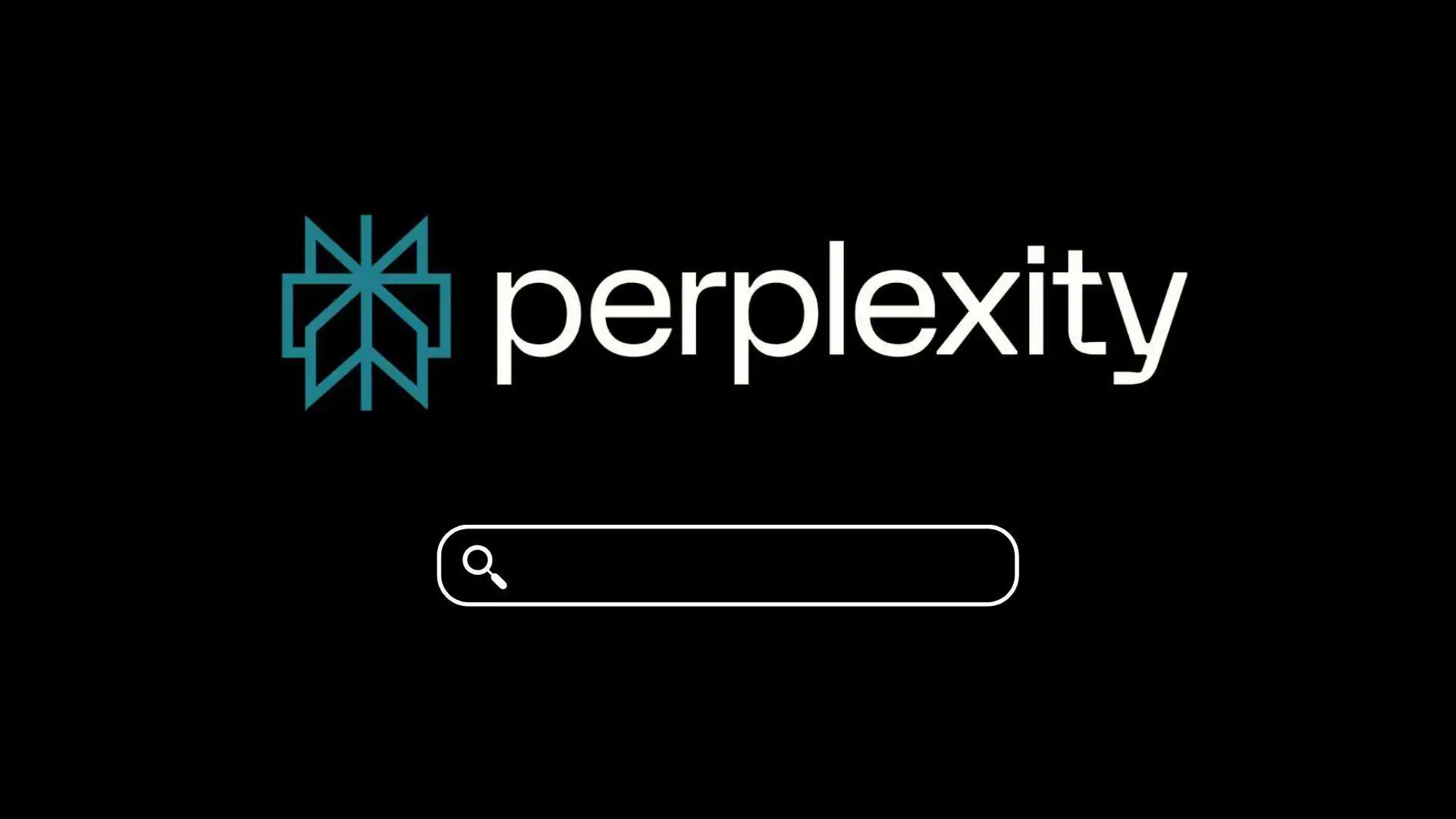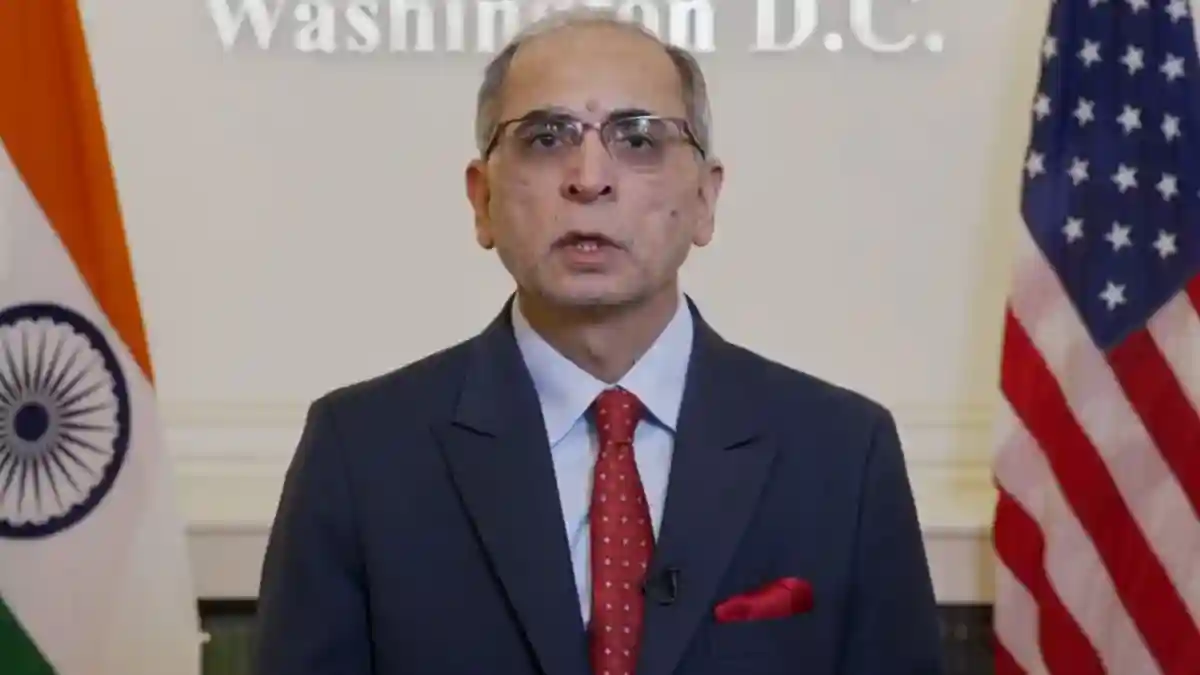By Ghana News
Copyright ghanamma

President Donald Trump’s administration has unveiled a new policy that would require employers to pay $100,000 per H-1B visa when hiring foreign workers in specialised roles that cannot be filled domestically.
The move marks a dramatic shift in U.S. immigration policy, sending ripples through the technology sector, higher education, and industries that rely heavily on international talent.
While the fee and new restrictions will not affect current visa holders or renewals, they are set to take effect with the next visa lottery cycle, prompting many companies and workers to reassess their options.
Roughly 500,000 people currently live and work in the U.S. on H-1B visas.
Skilled worker visa applicants hit with $100K fee under new Trump order
According to data from the Department of Homeland Security (DHS) and U.S. Citizenship and Immigration Services (USCIS), the majority, which accounted for 71% of H-1B holders in the 2024 fiscal year, are from India.
China was the second-largest source, representing 11.7%.
India’s Ministry of External Affairs responded by emphasising that cross-border movement of skilled professionals has contributed significantly to economic growth in both India and the U.S.
In 2024, most H-1B visas were issued for “computer-related” occupations such as programming and systems analysis.
Tech firms, outsourcing giants like Tata and Cognizant, and multinational corporations including Amazon, Microsoft, Google, and Meta, rank among the top employers of H-1B holders.
Other sectors, including manufacturing, finance, and higher education, also employ skilled foreign workers, but Silicon Valley has voiced the loudest concerns.
Some companies have even advised employees not to travel abroad until the policy is clarified.
Data shows H-1B holders are typically well-compensated compared to the U.S. median household income.
– Median salary for new H-1B computer-related jobs: $101,000
– Median salary for experienced H-1B computer professionals: $135,000
– Median U.S. household income (2024): $83,730
The new $100,000 fee, nearly equivalent to the entire annual salary of many entry-level visa holders, has raised concerns that it could deter smaller businesses and startups from participating in the program, consolidating opportunities among only the largest corporations.
However, a report by washingtonpost.com noted that analysts warn that the policy could reshape how companies source talent, potentially driving more outsourcing overseas rather than bringing workers into the U.S.
It may also spark diplomatic tensions with countries like India and China, whose nationals make up the bulk of H-1B recipients.
For now, businesses, workers, and policymakers worldwide are bracing for the ripple effects of what could become one of the most consequential shifts in U.S. skilled migration policy in decades.
Watch the latest edition of BizTech below:
Watch the latest Health Focus on PCOS below



